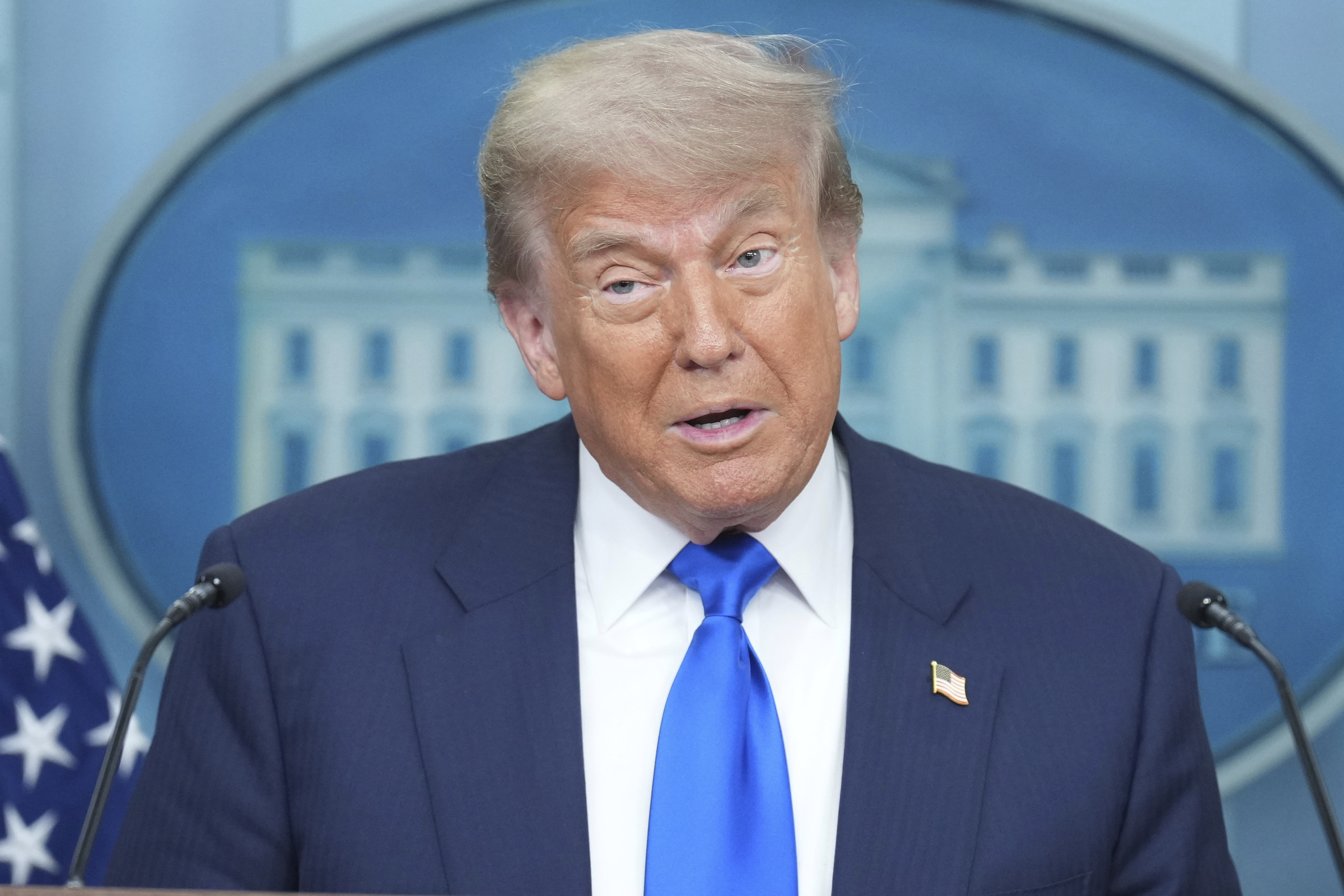"Today, we will impose tariffs on copper," Trump stated at a cabinet meeting at the White House on 8/7. However, he did not specify when the tariffs would take effect.
In an interview with CNBC that same day, US commerce secretary Howard Lutnick indicated the new tariffs on imported copper would likely be implemented by the end of July or on 1/8.
Trump's decision to impose copper tariffs surprised the market, coming earlier and higher than industry expectations. Copper futures on the US Comex commodity exchange surged over 12% to a record high of 12,330 USD per ton. Shares of copper mining company Freeport-McMoRan rose 5%, as investors anticipated domestic producers would benefit from the new tariffs.
 |
US president Donald Trump at the White House on 27/6. Photo: AP |
US president Donald Trump at the White House on 27/6. Photo: AP
Copper is the third most consumed metal globally, after iron and aluminum. The US currently imports nearly half of its copper, according to the US Geological Survey. The countries most affected by the copper tariffs will be Chile, Canada, and Mexico.
In late February, Trump ordered an investigation into the possibility of new tariffs on imported copper, citing national security concerns. The deadline for the investigation was November, but commerce secretary Howard Lutnick said on CNBC's "Power Lunch" that the investigation had been completed.
"The goal is to bring copper production back to the US," Lutnick said. He also noted that Trump's move would bring copper tariffs in line with those on imported steel and aluminum, which were raised to 50% earlier in June.
Ole Hansen, head of commodity strategy at Saxo Bank, believes the 50% tariff will significantly impact US companies that use copper, as the country is still years away from being self-sufficient.
"The US has imported a year's worth of copper consumption in just the past six months, so domestic stockpiles are currently plentiful. I expect copper prices to correct after the initial surge," Hansen predicted.
At the same cabinet meeting, president Trump also announced he would soon unveil "very, very high, about 200%" tariffs on imported pharmaceuticals. Pharmaceutical companies would have 18 months to begin manufacturing in the US before the new tariffs are applied.
Phien An (Reuters, CNBC)












